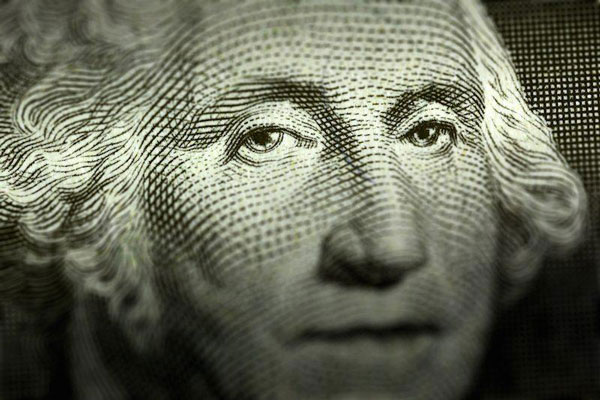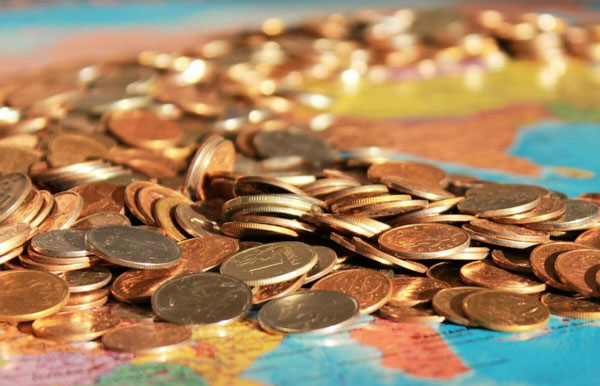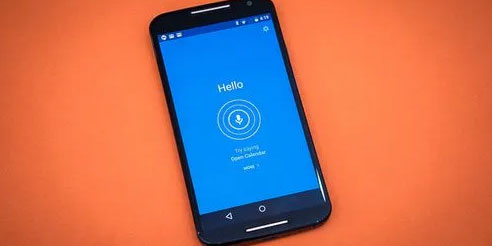Introduction
Because the dollar is both a national and an international currency, small changes in how America handles its money can significantly affect the rest of the world. It is Triffin's problem. The paper uses three examples to show how it works: the price of commodities, dollarization, and the U.S.'s position in the international financial market. It also plans to fix these problems and make the money system more stable. In particular, it suggests creating a system of block currencies used around the world. The new monetary system should drive by both globalization and regionalization. Through a system of fixed exchange rates, the U.S. and Europe should think about using the same currency (global currency). This currency should act as the system's anchor, reducing worldwide imbalances and price swings for goods. In contrast, developing countries should form regional monetary unions (regional forms of money), keeping the real exchange rate as a shock absorber but gaining consistency and credibility over time.
A country puts its hands behind its back when it "agrees" to have its currency used as a national currency. To keep the world economy going, the government might have to put a lot of money into circulation, which would raise prices at home. The exchange rate between the reserve currency and other currencies goes up when the reserve currency is more popular than other currencies. It makes domestic export industries less competitive. The country that makes the currency has a trade deficit, but it makes everyone happy. If the government with the reserve currency instead decides to focus on its monetary policy by not printing more money, the rest will be upset.

Reserve Currency: A Catch-22
It's a paradox for a country to become a reserve currency. It wants the "interest-free" loan from selling the exchange rate to foreign governments. They also need to be able to raise money quickly because bonds denominated in reserve currencies are in high demand.
The Triffin dilemma is consistently named after the economist Robert tells how the Triffin dilemma effects currencies , who wrote in his 1960 book Gold and the Dollar Crisis: The Future of Convertibility about how the Bretton Woods system was about to fail. He said that years of programs like the Marshall Plan, which put money into the world economy after World War II, made it harder and harder to stick to the gold standard. The country had to gain the trust of other countries by having a budget surplus while also having a budget deficit by giving immediately.
Robert Triffin's Guess for the Dollar
In October 1959, a Harvard professor told the Joint Economic Committee of Congress calmly that the Bretton Woods agreement was going to fail. The dollar could not continue to be the world currency without the U.S. running deficits that keep getting bigger. Robert Triffin, born in Belgium, was this gloomy scientist, and he was right. The Bretton Woods system fell apart in 1971, and because the dollar is the reserve currency now, the United States has the most significant current account surplus in the world.
The U.S. dollar was the most popular currency for most of the 20th century. Central banks and investors both bought dollars to keep as foreign exchange reserves, and for a good reason. The U.S. had a stable government, didn't go through world wars like Europe did, and had an economy that grew steadily and was big enough to handle shocks.

Another Currency Held in Reserve
What would happen if a different currency, like the Chinese yuan, became the world's preferred reserve currency? The dollar's value against other currencies would probably go down, boosting exports and lowering the trade deficit. The bigger problem would be a rise in borrowing costs as the need for a steady flow of dollars went down. It could make it hard for the U.S. to pay back its debt or fund domestic programs. On the other hand, China will have to quickly update its financial system, which has a long time for manipulating its currency to protect its export-based industries. If people want to be able to change the yuan into other currencies, China's central bank would have to loosen rules about bonds denominated in yuan.
Conclusion
Robert Triffin thought that the dollar could not continue to be the world's reserve currency without the U.S. running bigger and bigger deficits. When the exchange rate of a popular reserve currency goes up, it hurts the country's exports that use that currency. It causes a trade deficit. A government that issues a reserve currency must balance its own needs and the need to make decisions about money that help other countries. If another reserve currency took the place of the dollar, it would make it more expensive to borrow money, making it harder for the United States to pay back its debts. A new international monetary system might make it easier for countries to keep their status as a reserve currency.



